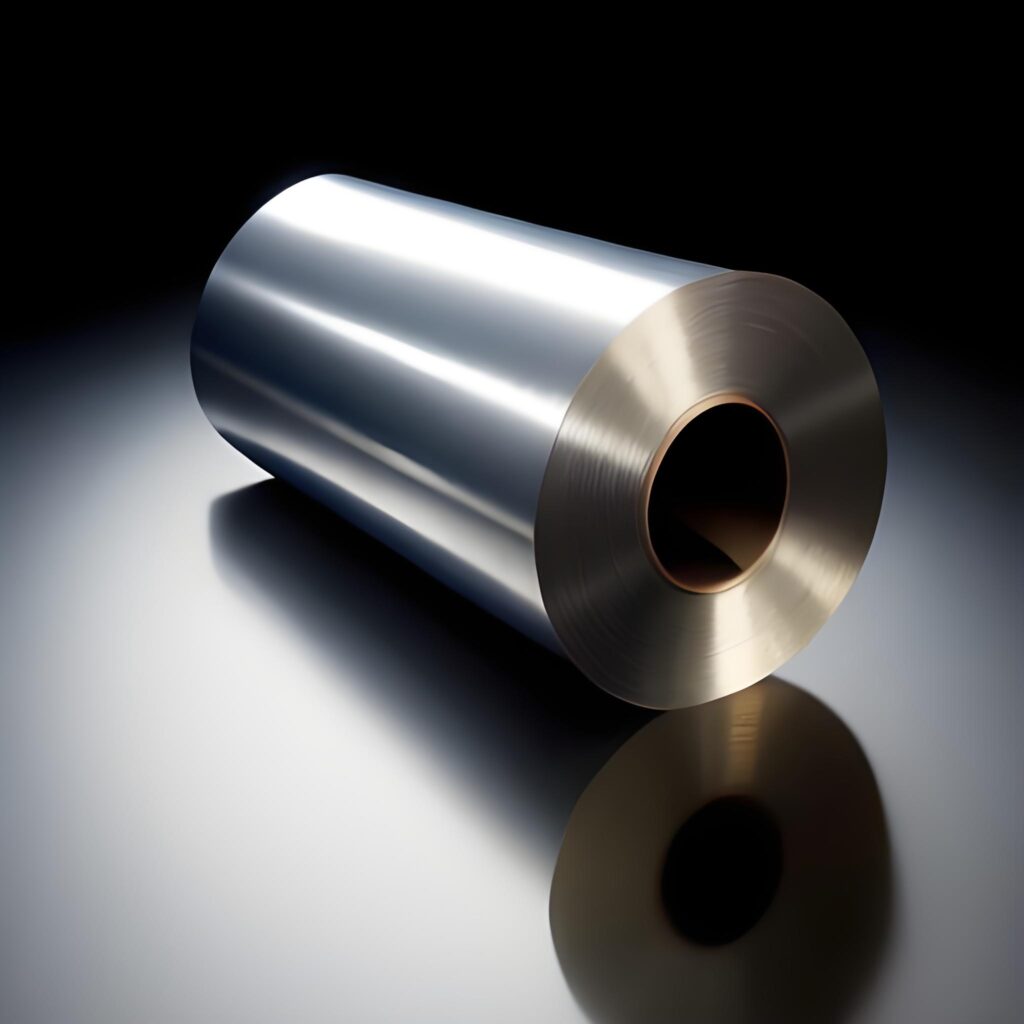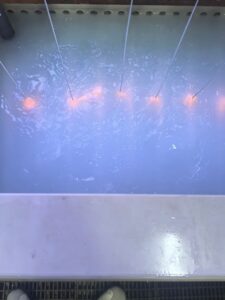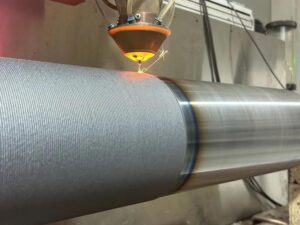Kovar is a remarkable alloy that plays a pivotal role in industries requiring precision, reliability, and stability under varying conditions. Renowned for its low thermal expansion, Kovar ensures components maintain their shape and integrity, even in extreme environments. This makes it a top choice for applications in aerospace, electronics, medical devices, and beyond. In this comprehensive guide, we’ll explore Kovar’s composition, properties, applications, advantages, and challenges, offering a friendly and informative resource for engineers, manufacturers, and businesses seeking high-performance materials for international markets.
What Is Kovar Material?
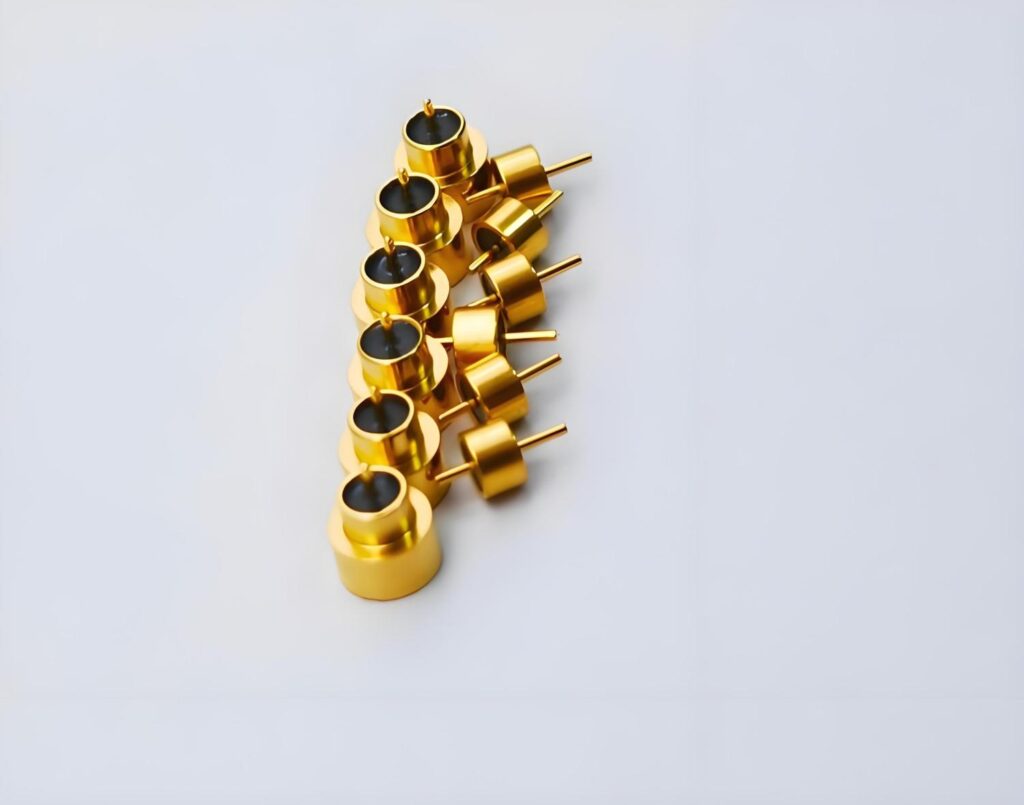
Kovar is a precision-engineered alloy designed to deliver consistent performance where thermal expansion control is critical. Unlike standard metals, Kovar is tailored to maintain dimensional stability across a wide temperature range, making it ideal for applications requiring airtight seals or compatibility with glass and ceramics. Its unique ability to resist expansion and contraction under heat sets it apart, ensuring reliability in high-stakes environments.
Originally developed to address the need for reliable metal-to-glass seals, Kovar has become a cornerstone in industries like telecommunications, aerospace, and electronics. Its low coefficient of thermal expansion (CTE) closely matches that of materials like borosilicate glass, enabling seamless integration in components such as vacuum tubes, sensors, and integrated circuits. For global manufacturers, Kovar’s stability and versatility make it a preferred material for precision machining projects targeting international standards.
What is Kovar made of?
Kovar’s composition is carefully balanced to provide consistent properties. Its approximate chemical makeup is:
- Nickel (Ni): ~29%
- Cobalt (Co): ~17%
- Iron (Fe): Balance (~54%)
- Manganese (Mn): ~0.3%
- Silicon (Si): ~0.2%
- Carbon (C): Trace (~0.02%)
This specific blend is what gives Kovar its controlled coefficient of thermal expansion, aligning it with that of borosilicate glass and certain ceramics.
Properties of Kovar
Kovar’s success stems from its carefully engineered physical and mechanical properties, making it an invaluable material in demanding industries.
Physical Properties
- Density: ~8.36 g/cm³
- Thermal Conductivity: ~17.3 W/m·K
- Melting Point: ~1450 °C (2642 °F)
- Coefficient of Thermal Expansion (CTE): ~5 x 10⁻⁶ /°C between 20–200 °C, closely matching borosilicate glass
- Magnetic Properties: Kovar is ferromagnetic at room temperature, with a Curie point near 435 °C
These properties allow Kovar to maintain dimensional stability and to form durable seals with glass and ceramics under thermal cycling.
Mechanical Properties
- Tensile Strength: ~450–600 MPa (65–87 ksi)
- Yield Strength: ~275 MPa (40 ksi)
- Elongation: 30–35%
- Hardness: ~HV 200 (Vickers)
Kovar offers a balance of strength and ductility, which makes it suitable for both structural and sealing applications. It can be machined with precision, though it requires expertise to handle its work-hardening tendencies.
What Is Kovar Used For?
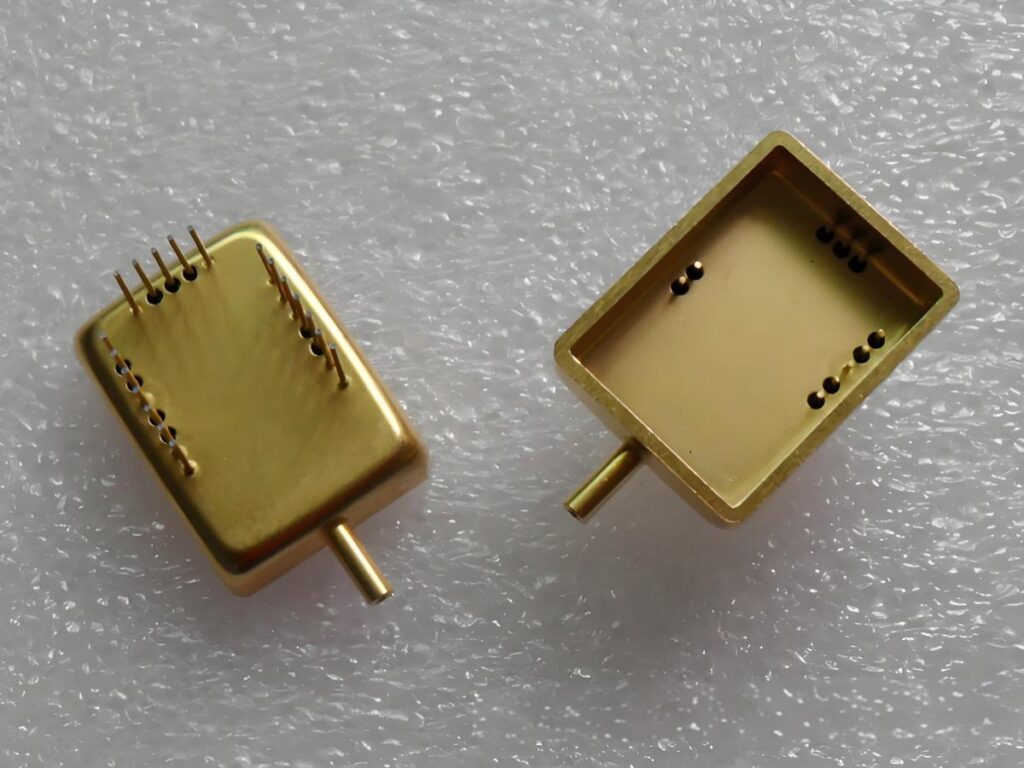
Kovar’s unique combination of thermal stability and mechanical strength makes it a versatile material across multiple industries. Its ability to form reliable seals and perform under varying conditions has led to its adoption in high-tech applications worldwide. Here are some key uses of Kovar:
Electronics
Kovar is widely used in electronics for hermetic seals in vacuum tubes, integrated circuits, and microwave tubes. Its compatibility with glass ensures reliable performance in components like transistors, diodes, and connectors, where stable electrical properties are critical.
Aerospace
In aerospace, Kovar is employed in sensor housings, radar systems, and optical components. Its low thermal expansion ensures precision in extreme temperature swings, such as those encountered in space or high-altitude environments.
Medical Devices
Kovar’s biocompatibility and precision make it ideal for medical applications, including implantable devices and surgical instruments. Its dimensional stability ensures reliable performance in critical healthcare equipment.
Telecommunications
Kovar’s stable electrical properties make it a preferred material for connectors and housings in radio frequency applications, ensuring optimal signal integrity in telecommunications systems.
Automotive
In automotive applications, Kovar is used for sealing components that must withstand high temperatures or corrosive environments, contributing to the reliability of sensors and control systems.
Scientific Research
Kovar is a staple in research settings, particularly for vacuum chambers, cryogenic systems, and other equipment requiring precise temperature control. Its stability supports advanced experiments in fields like physics and materials science.
For international businesses, Kovar’s adaptability makes it an excellent choice for meeting the diverse needs of global markets, from small-scale electronics to large-scale aerospace projects. Its proven reliability ensures consistent performance across applications.
Advantages and Disadvantages of Kovar Material
Like any material, Kovar has its strengths and limitations. Understanding these helps manufacturers and engineers make informed decisions about its use in precision machining projects.
Advantages
- Exceptional Thermal Stability: Kovar’s low CTE ensures minimal expansion or contraction, making it ideal for hermetic seals and precision applications in electronics and aerospace.
- High Mechanical Strength: With strong tensile and yield strength, Kovar withstands significant stress, ensuring durability in demanding environments.
- Versatile Machinability: Kovar can be shaped into complex components, offering flexibility for custom designs in industries like medical devices and telecommunications.
- Moderate Corrosion Resistance: While not as corrosion-resistant as stainless steel, Kovar performs well in controlled environments, extending component longevity.
Disadvantages
- Higher Cost: The inclusion of nickel and cobalt makes Kovar more expensive than common metals like aluminum or copper, impacting high-volume production budgets.
- Limited Availability: Kovar is not as widely available as other alloys, which can lead to supply chain challenges for manufacturers needing large quantities.
- Machining Complexity: Kovar’s toughness and work-hardening tendency require specialized tools and expertise, increasing production time and costs.
- Brittleness Risk: Improper handling or machining can lead to cracking, necessitating careful process control to maintain component integrity.
For global manufacturers, balancing these pros and cons is key to leveraging Kovar’s benefits while mitigating its challenges. Its unique properties often make it the best choice for applications requiring precision and reliability.
Machining Kovar: Best Practices for Optimal Results
Machining Kovar requires expertise to maximize its benefits and overcome its challenges. Here are proven strategies to achieve high-quality results in Kovar machining:
- Tool Selection: Use carbide or diamond-coated tools to handle Kovar’s toughness and reduce tool wear. High-speed steel tools work for interrupted cuts, but carbide is preferred for continuous machining.
- Optimized Cutting Parameters: Employ slower cutting speeds (35–40 SFM) and moderate feed rates (0.254–0.305 mm/rev) to minimize heat buildup and work hardening. These parameters ensure precision and extend tool life.
- Effective Coolant Use: Apply cutting fluids like sulfurized mineral oils to manage heat and improve lubricity. For carbide tools, avoid sulfurized oils to prevent embrittlement, and opt for water-based coolants for high-speed operations.
- Robust Fixture Design: Use stable fixtures to minimize vibrations and ensure secure clamping, preventing deformation and ensuring tight tolerances.
- Pre- and Post-Annealing: Anneal Kovar before machining to relieve internal stresses and after machining to enhance dimensional stability, reducing the risk of distortion.
- Surface Treatments: Apply passivation or cleaning treatments to remove oxidation and improve solderability, ensuring components meet industry standards.
These practices help manufacturers produce high-quality Kovar components that meet the rigorous demands of international markets. By addressing challenges like work hardening and brittleness, businesses can achieve precision and efficiency in their machining processes.
Why choose Precionn’s Kovar machining services
When it comes to machining Kovar, expertise and precision are crucial. Due to its work-hardening behavior and the need for strict dimensional accuracy, not every machining company can handle it effectively. This is where Precionn stands out.
Precionn specializes in high-quality machining services tailored for international customers across industries. With advanced equipment, skilled technicians, and stringent quality control processes, the company ensures that every Kovar component meets exact specifications. Whether for electronics, aerospace, medical, or telecommunications applications, Precionn provides solutions that combine efficiency, precision, and reliability.
By partnering with Precionn, customers gain access to not only superior machining but also industry knowledge that helps bring complex projects to life. For businesses seeking dependable Kovar machining services, Precionn is a trusted choice.

